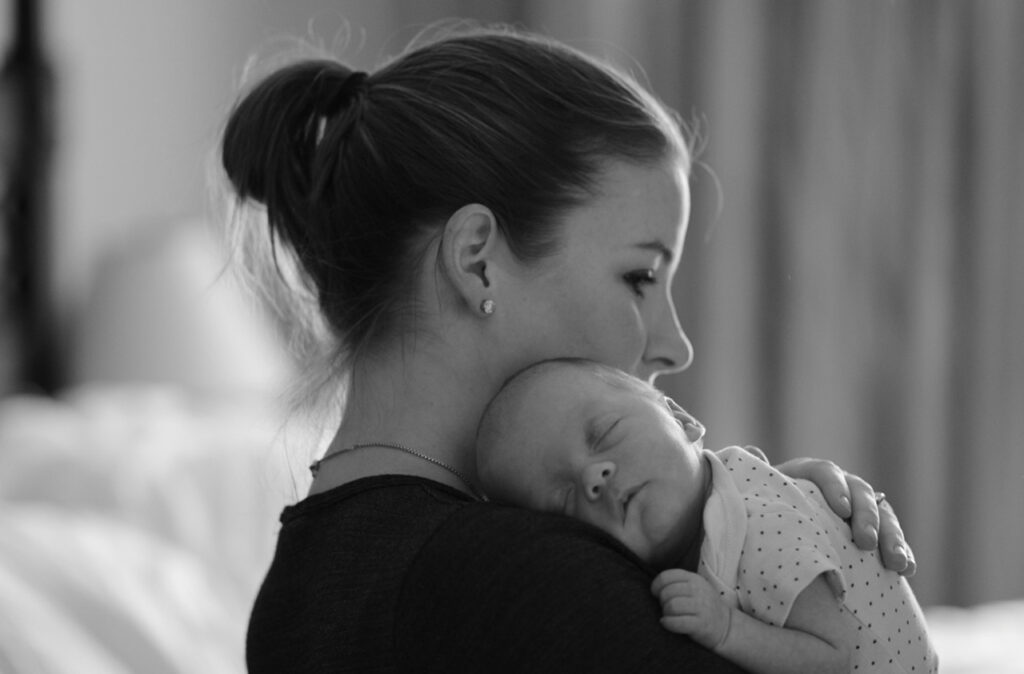
Have We Gotten Rid of the Chancleta?
by Dr. Shirley
Anyone who has been raised by Latin parents knows that a “chancleta” has many other uses than simply a comfortable slipper worn around the house. It can also be worn as an athletic shoe to play ball in the back yard, a gardening shoe to mow the lawn or weed the flower beds or as a going out shoe for those “quick” trips to the mercado when there was a missing ingredient for the evenings dinner. But one of the most terrifying uses of the chancleta was when it was ripped off the wearer’s foot and you were chased around the house with it, while the wearer yelled, “Veni, veni aca!” Yea sure, I’ll come so you can hit me with it!
All kidding aside, have 1st and 2nd generation Latinos stepped away from the chancleta as a parenting tool? I hope so! Now, I am not referring to physical abuse; that is a serious matter and should always be reported. I’m referring to that occasional chase around the house by your mother holding her chancleta up by her head when she thought you misbehaved. For those of you reading this that are parents, have you ever done that to your kids? First of all, I have always worked, so I have never just been walking around the house wearing my chancletas, in fact, I don’t even think I own a pair, I don’t have time to wear chancletas! I also remember thinking when my daughter was born that, that was something I did not want to do. I didn’t want to hit her even if only occasionally and “not too hard”.
The truth is that doing anything when we’re upset, especially hitting is never a buena idea. How many times have you said or had someone say to you, “I didn’t mean to say that!” That’s because when we are upset, the thinking part of the brain disconnects from the emotional part of the brain. Really, studies have shown this to be true. We stop thinking and are only coming from our emotions, and that can be very dangerous and gets us to do things we regret later, as many of us already know!
When I have brought this topic up, many people say, “Well I got hit and I turned out ok.” Although that is true for many of us, the effects of being hit may be subtle and not always show up in extreme — he-turned-into-a-serial-killer-because-he-was-hit-with-a-chancleta-as-a-kid — kind of way. It can show up as a general distrust of others, having a higher level of anxiety as an adult, or even being more ‘quick to anger’ than you may have otherwise been without the influence of the chancleta. Many things influence who we become as adults, but if the last 20 years of brain science is telling us that hitting a child even if on occasion, can cause long term effects in our children’s brain and can lead to violence, why risk it?
“I don’t want my kid to be spoiled” “I want my children to respect their elders” “I want my kids to learn discipline” are the reasons I hear that my Latino comrades argue for the use of the chancleta. To that I say there are many other ways to get those exact results. It will require a little more work and patience on your part. Unfortunately it is very easy to slip the chancleta off of your foot, unbuckle your belt while walking fast towards the object of desire (remember that one?) or even threaten to do it to get your children to do what you have asked them to do or stop doing what you have asked them 5 times to stop. However, disciplining with fear does have residual effects and is not the only way to go.
Here are some quick tips:
- Use rewards! Kids LOVE to get prizes. When they do what you have asked them to do, put a star up by their name and after every 10 stars they get a prize.
- Communicate clearly. Tell them what the consequences to their behavior is going to be and follow through. “If you continue to misbehave, you will not be allowed to watch your favorite show.” And don’t let them watch it regardless of how grand the tantrum they throw is.
- Validate their feelings AND stick to your rules. “I know you’re mad because you can’t eat candy before dinner, but after dinner it will taste just as good!”
There are many books that teach a gentler way to discipline our children with the same results, actually better because there is no fear or residual anger. Here are some books to read:
-
The Attachment Parenting Book : A Commonsense Guide to Understanding and Nurturing Your Baby by William Sears and Martha Sears
-
The Whole-Brain Child: 12 Revolutionary Strategies to Nurture Your Child’s Developing Mind by Daniel J. Siegel and Tina Payne Bryson
-
The Attachment Connection: Parenting a Secure and Confident Child Using the Science of Attachment Theory by Ruth Newton PhD and Allan Schore PhD
-
No-Drama Discipline: The Whole-Brain Way to Calm the Chaos and Nurture Your Child’s Developing Mind by Daniel J. Siegel and Tina Payne Bryson
-
Brainstorm: The Power and Purpose of the Teenage Brain by Daniel J. Siegel MD
Let’s keep the chancleta’s on our feet where they belong!
[share title=”Share this with your familia!” facebook=”true” twitter=”true” google_plus=”true” linkedin=”true” email=”true”]
Marisa Ramirez
“Dr. Shirley’s HealthMente is amazing! Fearlessly talking about relevant, sometimes tough issues our community needs to face.” Blue Blood’s star Marisa Ramirez
Mia St. John
"So glad to support HealthyMente.com El Saber es Poder!”
Oscar Torre
“Latinos are a lot more diverse than what the census would lead most American to believe. What seems to be a common denominator, however, is our reluctance to discuss mental health issues. This has got to change if the next generation of Latinos is to be successful. HealthyMente.com opens up the conversation.”




